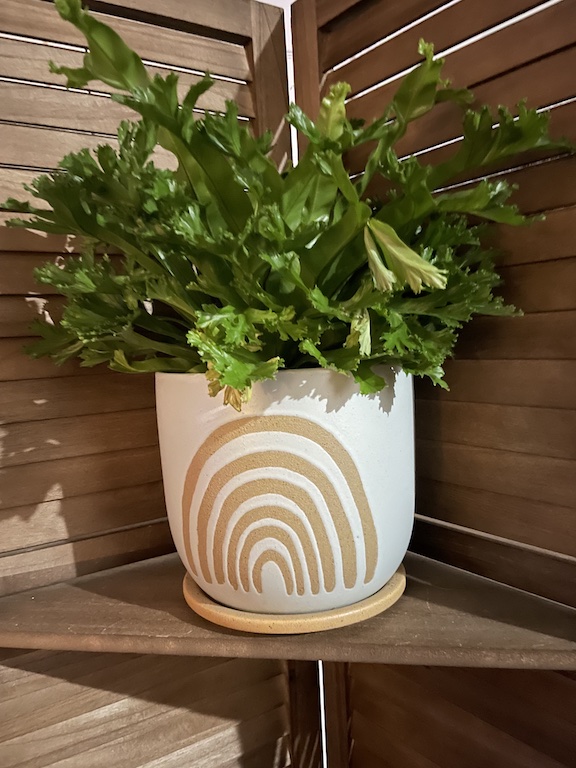Our brains are wired to protect us from danger. When something traumatic happens, our brains use all the senses to gather data around us during that event. We may not be able to voluntarily remember all of those details, but our brains store them.

This is why our reactions to anniversaries of an event can catch us off guard. Even when we are not consciously thinking about an upcoming anniversary of a traumatic event or loss, there are many things that remind our brains that it is coming and then our brains kick into gear to warn us that danger may be around the corner. It might be the smells of certain flowers that bloom that time of year or the decorations for a holiday that was near that anniversary.
Many people refer to these cues in our environment as “triggers”. I prefer to use the word “stimulus” or “stimuli.” (The topic of a future blog entry.)
Sometimes we don’t recognize that our reactions are connected to a past event. We may feel anxious or irritable for no apparent reason. We may have a sense of dread but not know why.
I’ve been around many people who have very strong anniversary reactions to past trauma and loss. I’ve never had as predictable a pattern as that. So as I approach the first year anniversary of my separation from my partner, I’ve been a bit caught off guard by my strong emotions. I’m not sure if it is due to stimuli in the environment or all my own processing, but my emotions this week have been big.
Regardless of whether it’s my brain’s reaction to stimuli this time of year or my own processing, I think the recommendations for responding to anniversaries are good advice. These suggestions are adapted from reading a variety of sources. (Sources: apa.org and University of Virginia Women’s Center.)
Be Gentle with Yourself
Recognize that you may need to take extra time for yourself as the anniversary approaches. Allow yourself to feel what you feel and know that it is okay to feel those things. Do things that give you the space you need. Slow down. Take long baths or showers. Spend time with your pets if you have them. Take a walk or go to a favorite relaxing spot.
Commemorate the Occasion
Though the occasion may not be something to celebrate, you can honor your strength to have gotten through it. If you are remembering a loved one you lost, you can honor their memory. Find a way to give the memory and feelings the recognition they deserve. Share your story. Journal about what you are feeling. Donate to a charity that supported you or that supports others with similar experience. If you are grieving a loss, donate in memory of the loved one. Plant a tree or a flower or buy a plant for yourself.
Reach Out to Friends for Support
Some friends may remember the anniversary too but not want to bring it up for fear of making things worse. You may need to be the one to say something openly about the anniversary. Let people around you know that you may need extra support or gentleness. Invite a friend to be a part of your remembering and healing.
So this week, as my anniversary date approaches, I’m stacking things in my favor—reaching out to my therapist, planning time with friends, cuddling with the fur kids as much as possible, and planning a hike. I’ll remember that the feelings will pass and remember to use R.A.I.N. (as described in Love Rules) if they feel overwhelming.
And I bought a new plant.
If your compassion does not include yourself, it is incomplete.
Jack Kornfield
Ahhhh…..anniversaries…..
You know the feeling all too well, I see.